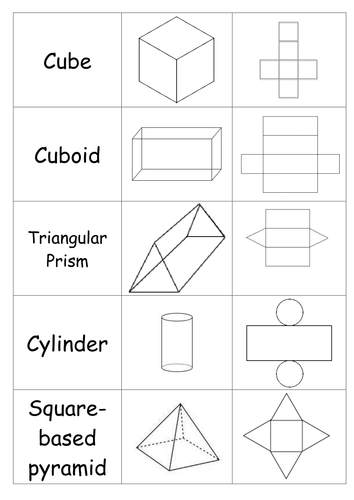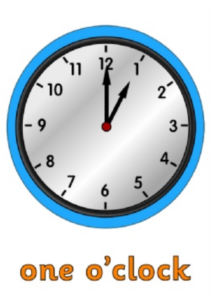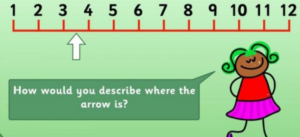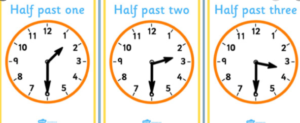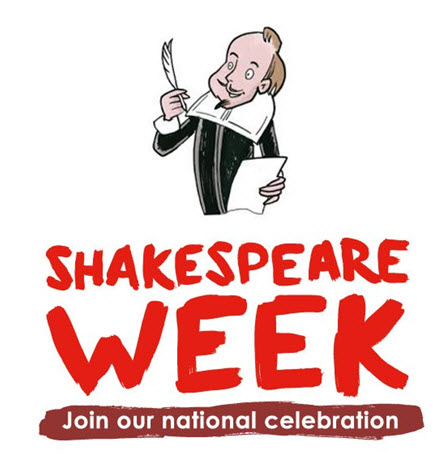Week beginning 21st March 2022
[dropshadowbox align=”none” effect=”lifted-both” width=”auto” height=”” background_color=”#b4e4fc” border_width=”20″ border_color=”#4e6af6″ ]
THIS WEEK’S LEARNING
LITERACY:
Focus Book: Dinosaur Lady: The Daring Discoveries of Mary Anning, the first paleontologist by Linda Skeers
Group Phonics: Check Google Classroom for Group Phonics homework
MATHS:
- use conceptual subitising strategies to derive dice patterns to 8
- use the language of doubles to describe die/dice patterns
- see when a pattern is and when it is NOT a double.
- use objects to make doubles patterns and describe where they can see the pattern of doubles.
- use positional language to describe spatial arrangements of objects
- visualise doubles patterns to 5 and 5.
UW: This week the children will engage with a range of scientific investigations to find out why some this happen, make predictions about what they think might/could happen and explore concepts of observing, measuring and making a conclusion about what they have found out.
PE: Gymnastics: To perform a a sequence of skill or movement with some control with a partner or group demonstratsting mirroring, matching and contrasting shapes
[/dropshadowbox]
Week Beginning 21st March
We had a great trip to Croydon Library on Friday to see the cat-astrophic adventures of Dollop and Crinkle. We hope that all the children enjoyed the show.
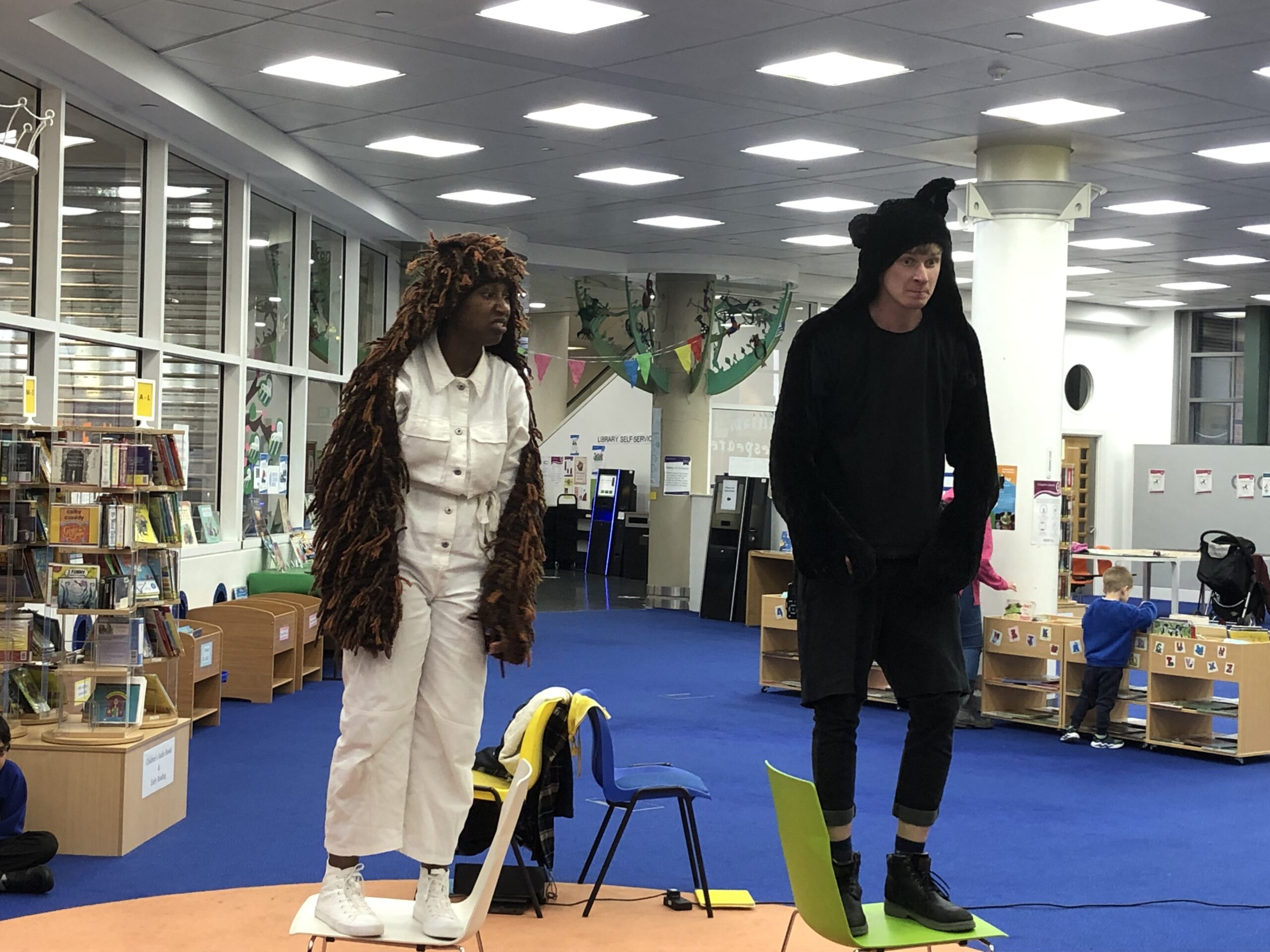
This week our learning will be as follows;
- In mathematics we will work on fractions. We will find unit and non-unit fractions of quantities and introduce mixed number fractions.
- In English we will evaluate and perform a selection of poems by Michael Rosen.
- In science we will learn that living things can be grouped according to their properties.
- In RHE we will learn about the health risks associated with smoking.
- Our blocked foundation subject will be Design and Technology. We will be analysing a range of bags before designing our own bag for life. We will develop our sewing skills.
Millennium Class will do PE on Wednesday and Friday. Southwark Class will swim on Tuesday and do PE on Wednesday.
Well done to Millennium Class who won the spaghetti and marshmallow building challenge during science week. The prize will be a slime making session in the summer term!
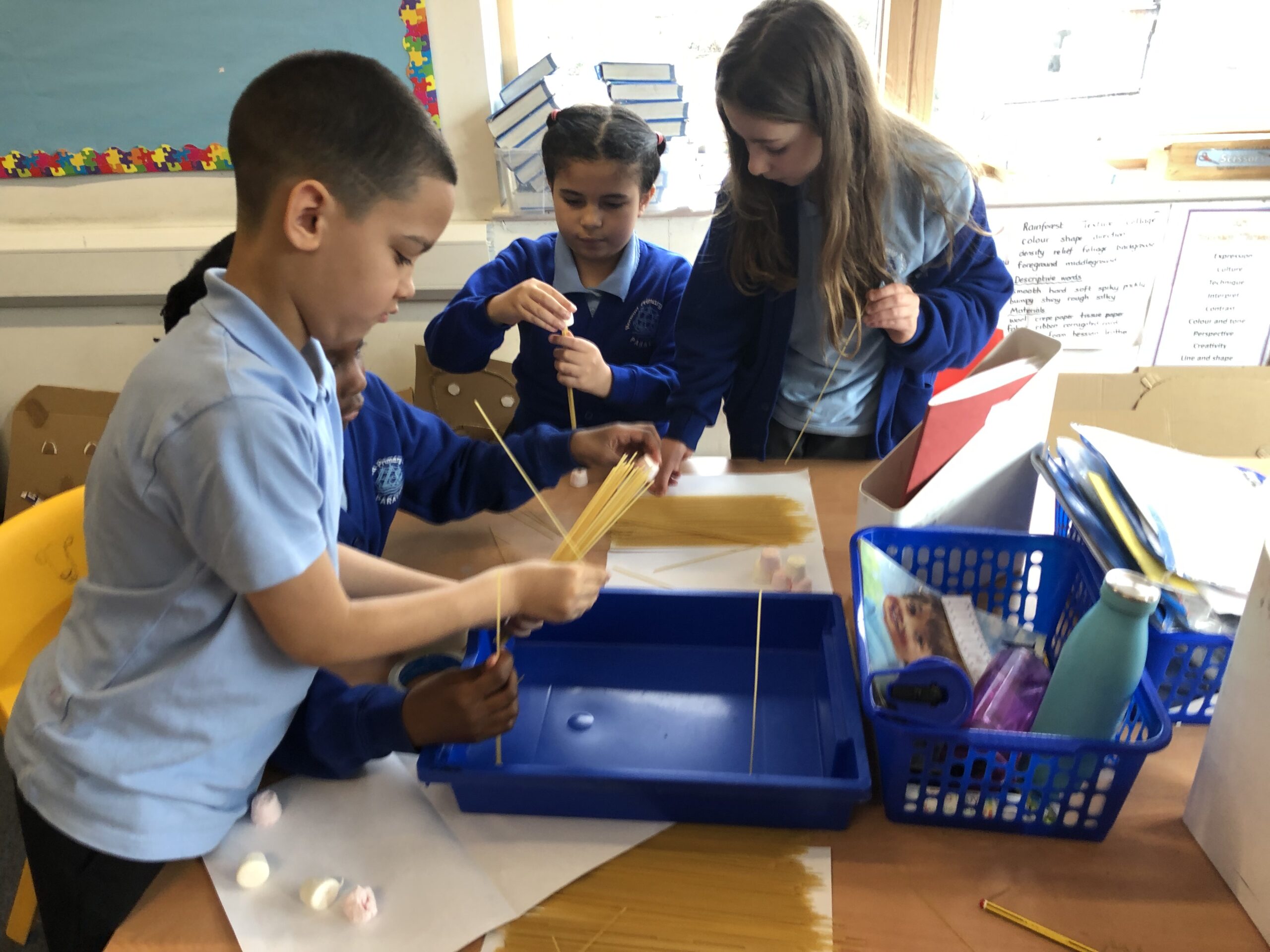
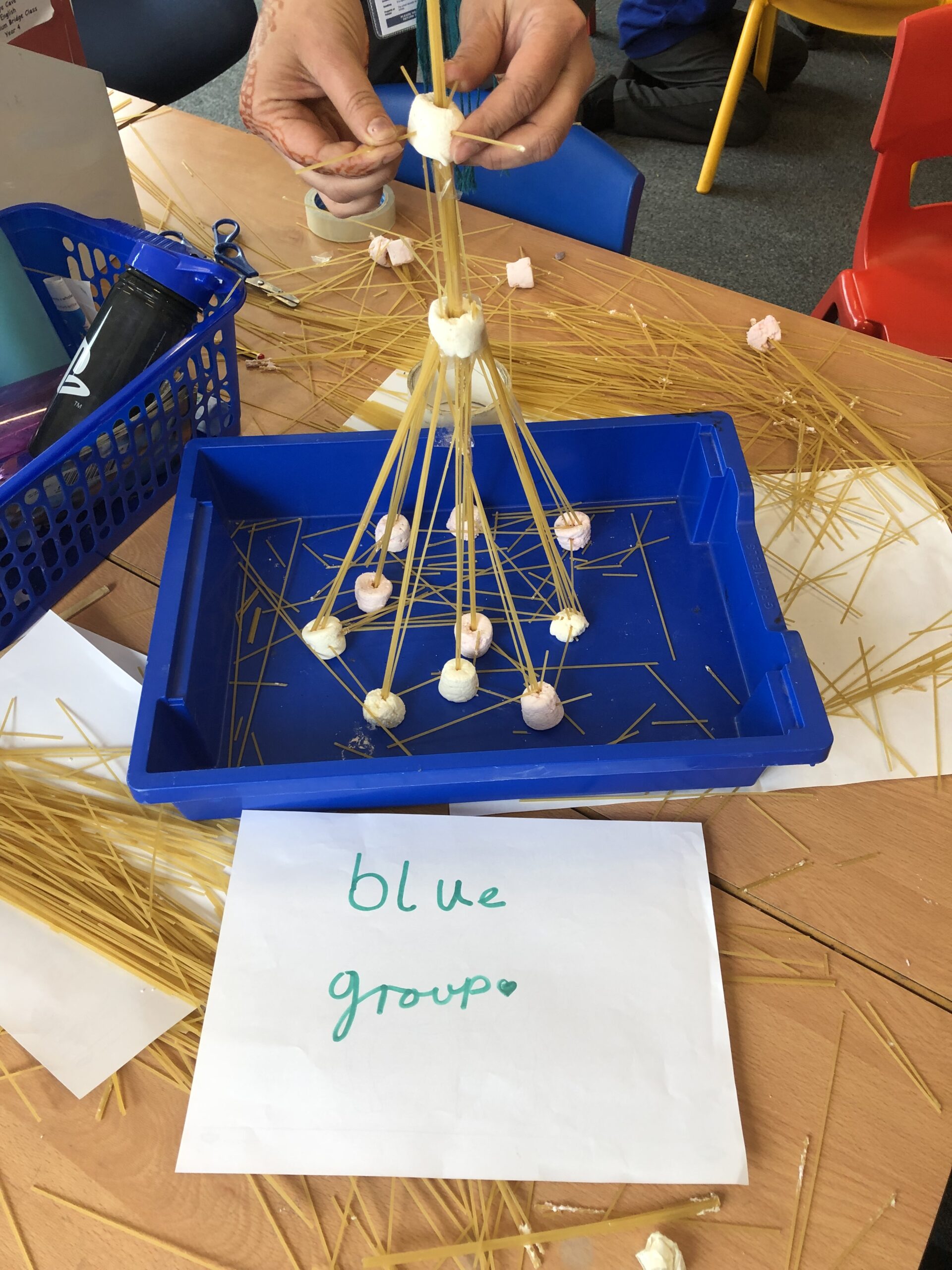
Spring 2 – Week 5 – 21st March 2022
Spring 2 – Week 5 – 21st March 2022
Welcome to ICT week.

Here are the objectives for the week ahead.
PE days are still Tuesday and Thursday.
[dropshadowbox align=”none” effect=”lifted-both” width=”auto” height=”” background_color=”#e2f3f9″ border_width=”1″ border_color=”#2715d0″ ]Mathematics[/dropshadowbox]
- To understand and use factors as positive integers that can be multiplied to make a given number.
- To identify factors of a given number.
- To identify Prime-Numbers, Prime factors and common factors.
- To identify multiples (incl. common multiples) of a given number.
- To use factor pairs to 100 to improve the efficiency of my calculations.
[dropshadowbox align=”none” effect=”lifted-both” width=”auto” height=”” background_color=”#e99bcc” border_width=”1″ border_color=”#221a6f” ]English[/dropshadowbox]
- To recite and perform a poem (“poetry slam”).
- To develop vocabulary.
- To engage in book talk.
- To compare and contrast texts.
- To use brackets and dashes correctly.
[dropshadowbox align=”none” effect=”lifted-both” width=”auto” height=”” background_color=”#d34222″ border_width=”2″ border_color=”#25631c” ]Spanish[/dropshadowbox]
-
To further explore vocabulary used in a café & restaurant.
[dropshadowbox align=”none” effect=”lifted-both” width=”auto” height=”” background_color=”#b7e9fc” border_width=”1″ border_color=”#d56161″ ]Science[/dropshadowbox]
- To investigate how well different materials conduct thermal energy.
[dropshadowbox align=”none” effect=”lifted-both” width=”auto” height=”” background_color=”#f98888″ border_width=”2″ border_color=”#0c9d51″ ]RHE[/dropshadowbox]
- To know what to do in an emergency.
- (To develop an understanding of the media’s role in perspectives of self-image.)
[dropshadowbox align=”none” effect=”lifted-both” width=”auto” height=”” background_color=”#d7a8e3″ border_width=”2″ border_color=”#803e3e” ]ICT (Information and communications technology)[/dropshadowbox]
- To create a simple tessellation in Inkscape.
- To create a more complex tessellation in Inkscape.
- To create a simple tessellation using SCRATCH.
- To create a more complex tessellation using SCRATCH.
- To reflect on the development of my ICT-skills.
Enjoy your Sunday evening.
Your Year 5 Team.
Week beginning 21st March 2022
[dropshadowbox align=”none” effect=”lifted-both” width=”auto” height=”” background_color=”#edbaba” border_width=”1″ border_color=”#ba27d8″ ]Homework is set on Google Classroom[/dropshadowbox]
Howard-parents-guide-to-Google-Classroom-
[dropshadowbox align=”none” effect=”lifted-both” width=”auto” height=”” background_color=”#dbf6f4″ border_width=”10″ border_color=”#868878″ ]
Our learning this week…
English
At Howard Primary School we have adopted Read Write Inc Phonics.
RWI is a method of learning centred round letter sounds and phonics, and we use it to aid children in their reading and writing. Read Write Inc., developed by Ruth Miskin, provides a structured and systematic approach to teaching literacy. It is used by more than a quarter of the UK’s primary schools and is designed to create fluent readers, confident speakers and willing writers.
Using RWI, the children learn to read effortlessly so that they can put all their energy into comprehending what they read. It also allows them to spell effortlessly so that they can put all their energy into composing what they write.
When using RWI to read the children will:
- Learn 44 sounds and the corresponding letter/letter groups using simple picture prompts
- Learn to read words using Fred Talk
- Read lively stories featuring words they have learnt to sound out
- Show that they comprehend the stories by answering questions.
Five key principles underpin the teaching in all Read Write Inc. sessions:
Purpose – know the purpose of every activity and share it with the children, so they know the one thing they should be thinking about
Participation – ensure every child participates throughout the lesson. Partnership work is fundamental to learning
Praise – ensure children are praised for effort and learning, not ability
Pace – teach at an effective pace and devote every moment to teaching and learning
Passion – be passionate about teaching so children can be engaged emotionally.
https://home.oxfordowl.co.uk/reading/reading-schemes-oxford-levels/read-write-inc-phonics-guide/
Hold a sentence is an activity that encourages children to remember a whole sentence while focusing on spelling and punctuation.
Build a sentence is to give children the opportunity to create their own sentence to that shows the meaning of a word and edit a sentence allows the children to critique a sentence using their knowledge of spelling punctuation and grammar. Children complete a longer piece of independent writing, which gives them the opportunity to show off their creativity and to practice their spelling, grammar and punctuation.
https://www.youtube.com/watch?v=bXOJUPNVnLc
https://www.youtube.com/watch?v=kjHqJQ8sxs4
[/dropshadowbox]
[dropshadowbox align=”none” effect=”lifted-both” width=”auto” height=”” background_color=”#dbf5f4″ border_width=”10″ border_color=”#868478″ ]
Power of Reading
English
At Howard Primary School we have adopted The Power of Reading scheme for literacy. We will also be using The Power of Reading scheme. We will be basing our literacy work based on a core text. This core text is called Zeraffa Giraffa. We will be plannign and writing a newspaper report this week.
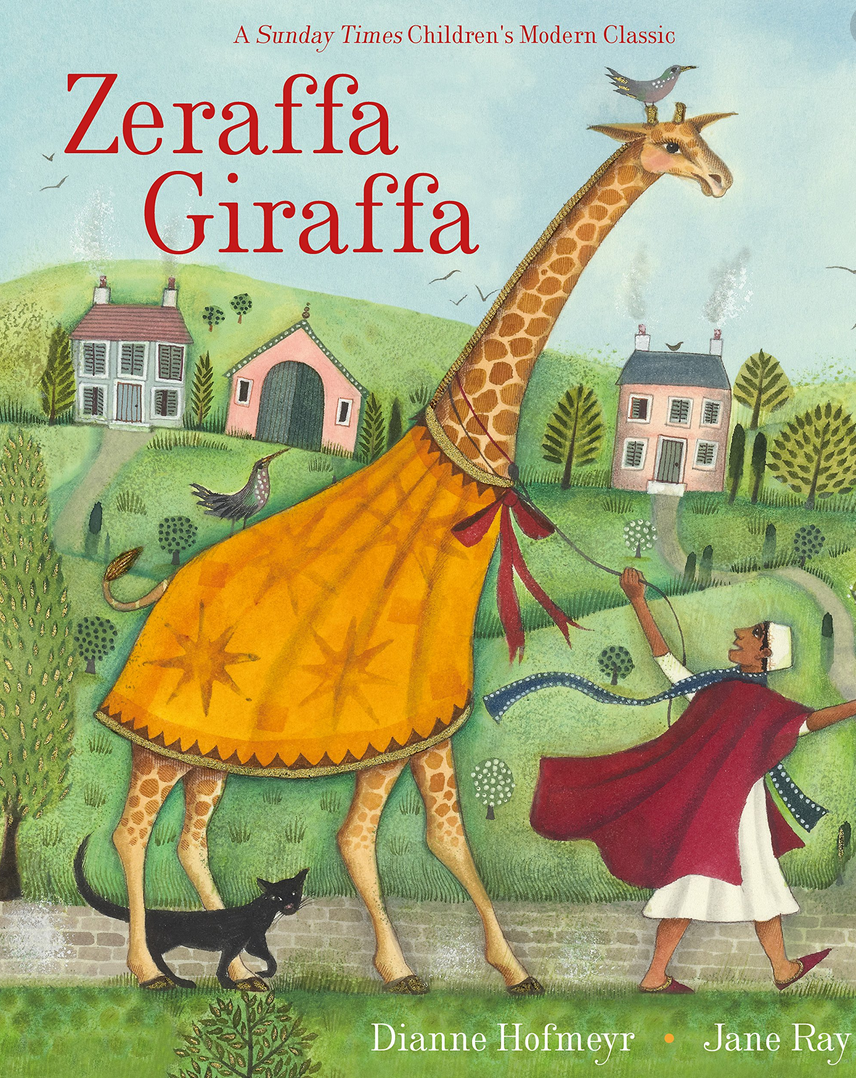
[/dropshadowbox]
[dropshadowbox align=”none” effect=”lifted-both” width=”auto” height=”” background_color=”#dbf6f4″ border_width=”10″ border_color=”#863878″ ]
Maths – Shape & Time
- To investigate how polygons can be joined and folded to form 3-dimensional shapes
- To recap half past and o’clock
- To recap quarter to and quarter past
- To tell time to the 5 minutes
- To recap how many minutes are in an hour and how many hours in a day
– To investigate how polygons can be joined and folded to form 3-dimensional shapes
— To recap half past and o’clock
For half past, the children will taught that the hour hand is in between two hours and the minute hand will be pointing towards the six.
Follow the link below for a video explaining o’clock and half past.
—- To recap quarter to and quarter past
When the minute hand is pointing to 3, we say it is a quarter past.
When the minute hand points to 9, we say it is a quarter to.
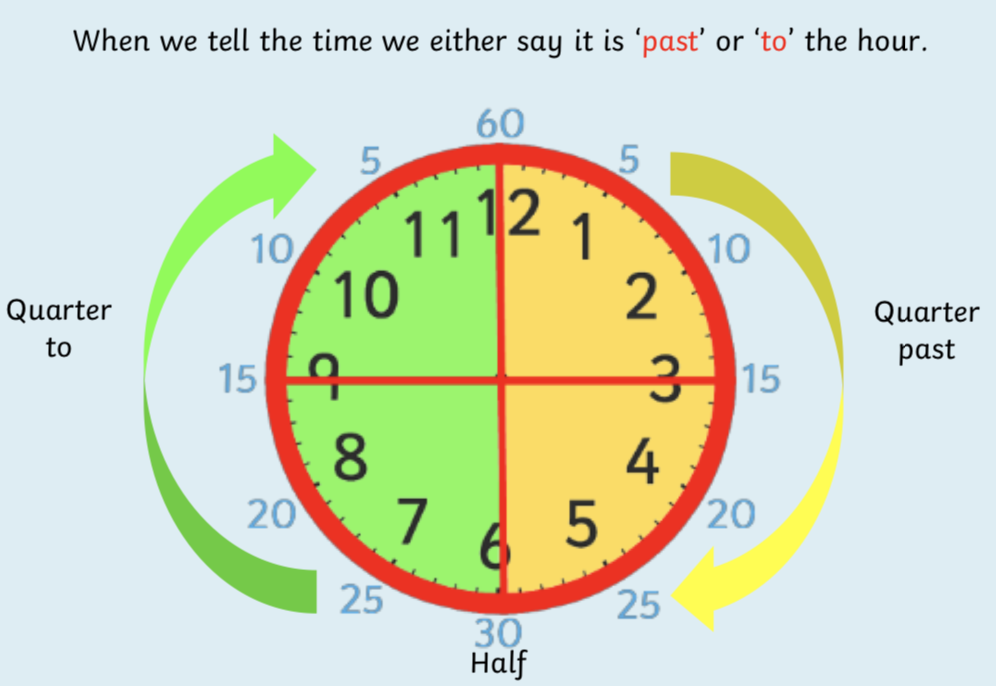
— To tell time to the 5 minutes
Children will use their knowledge of 5 times table to help them. When the minute hand on a clock moves from one number to the next, it has moved 5 minutes.There are 12 numbers around the clock face, and each interval is 5 minutes, so there are 12 x 5 = 60 minutes in a hour.
— To recap how many minutes are in an hour and how many hours in a day
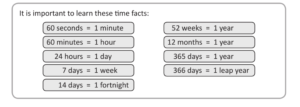
[/dropshadowbox]
[dropshadowbox align=”none” effect=”lifted-both” width=”auto” height=”” background_color=”#dbf6f4″ border_width=”10″ border_color=”#608638″ ]
Science
Our topic this term is living things and their habitat.
We will learn about food chains.

A food chain shows how energy is passed between plants and animals
[/dropshadowbox]
[dropshadowbox align=”none” effect=”lifted-both” width=”auto” height=”” background_color=”#dbf6f4″ border_width=”10″ border_color=”#608638″ ]
Art
Our topic in Art is texture.
Texture is how something feels. There are two types of texture: actual texture and visual texture. In all art and design, the appearance of texture is an important visual element.
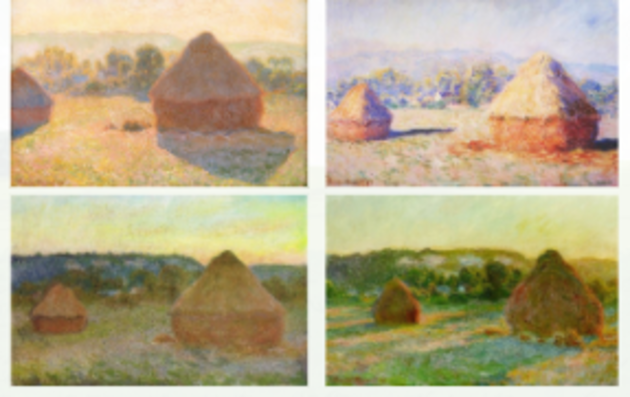
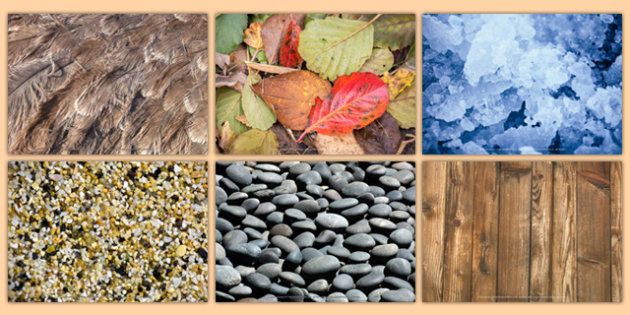
[/dropshadowbox]
[dropshadowbox align=”none” effect=”lifted-both” width=”auto” height=”” background_color=”#dbf6f4″ border_width=”10″ border_color=”#ef1dcd” ]
PE
Please remember to send your child to school in their PE kit on their PE days.
Westminster – Monday & Thursday
Hungerford – Monday & Thursday
[/dropshadowbox]
[dropshadowbox align=”none” effect=”lifted-both” width=”auto” height=”” background_color=”#dbf6f4″ border_width=”10″ border_color=”#ef1dcd” ]
Music
We are learning about pitch in music.
[/dropshadowbox]
[dropshadowbox align=”none” effect=”lifted-both” width=”auto” height=”” background_color=”#dbf3f1″ border_width=”10″ border_color=”#ef1dcd” ]
RE
We will focus on Christianity.
[/dropshadowbox]
[dropshadowbox align=”none” effect=”lifted-both” width=”auto” height=”” background_color=”#dbf6f4″ border_width=”10″ border_color=”#3f9c33″ ]
RHE – Relationship and Health Education
Jigsaw has two aims for all children:
- To build their capacity for learning
- To equip them for life
Jigsaw brings together PSHE Education, emotional literacy, mindfulness, social skills and spiritual development. The topic this term is ‘Healthy Me’. We will think about self esteem, confidence and healthy lifestyle choices. This week we will focus on healthy food and drink choices.

[/dropshadowbox]
[dropshadowbox align=”none” effect=”lifted-both” width=”auto” height=”” background_color=”#dbf6f4″ border_width=”10″ border_color=”#e21320″ ]
Reading
When reading with your child at home ask them questions related to their book.
Questions to ask before you read
- Can you look at the pictures and predict what you think will happen in this book?
- What makes you think that?
- What characters do you think might be in our story?
- Do you think there will be a problem in this story? Why or why not?
- Does the topic/story relate to you or your family? How?
Questions to ask during the reading
- What do you think will happen next?
- What can you tell me about the story so far?
- Can you predict how the story will end?
- Why do you think the character did _______?
- What would you have done if you were the character?
- How would you have felt if you were the character? (use different characters)
- As I read____________, it made me picture________ in my head. What pictures do you see in your head?
- As you read, what are you wondering about?
- Can you put what you’ve just read in your own words?
Questions to ask after reading
- Can you remember the title?
- In your opinion, was it a good title for this book? Why or why not?
- Were your predictions about the story correct?
- If there was a problem, did it get solved?
- What happened because of the problem?
- Why do you think the author wrote this book?
- What is the most important point the author is trying to make in his writing?
- What was your favourite part of the story?
- If you could change one thing in the story, what would it be?
- Can you retell the story in order?
- If you were __________, how would you have felt?
- What is the most interesting situation in the story?
- Is there a character in the story like you? How are you alike?
Why did you like this book?
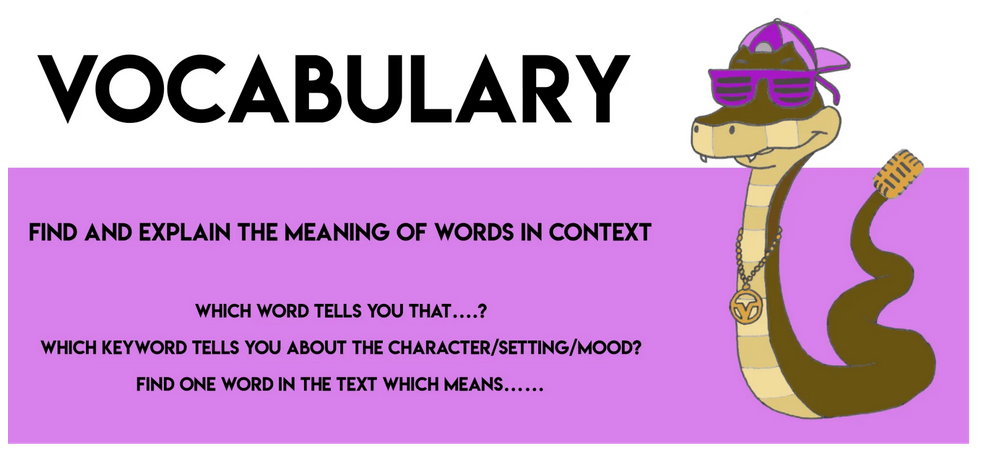
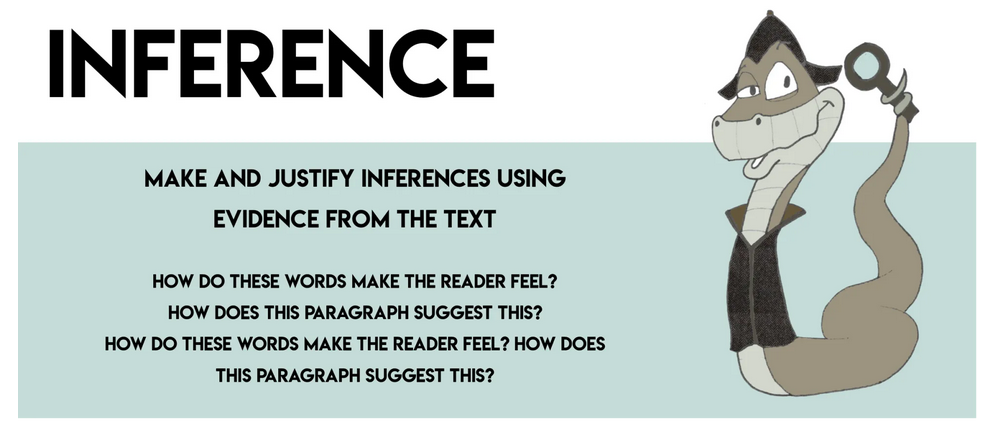
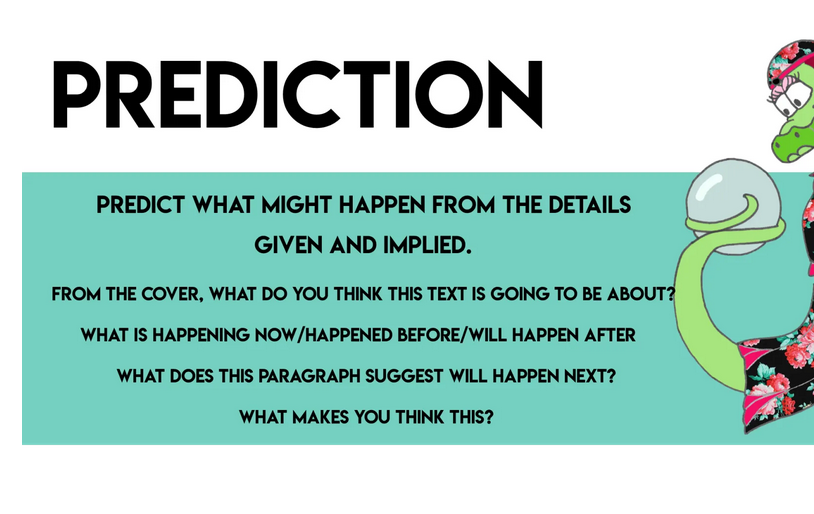
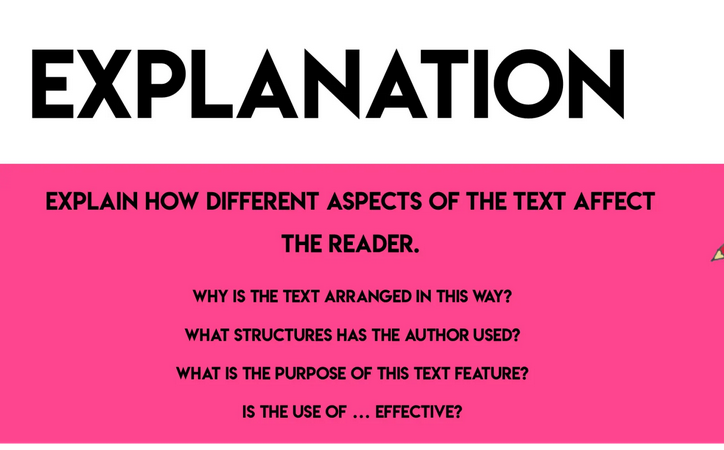
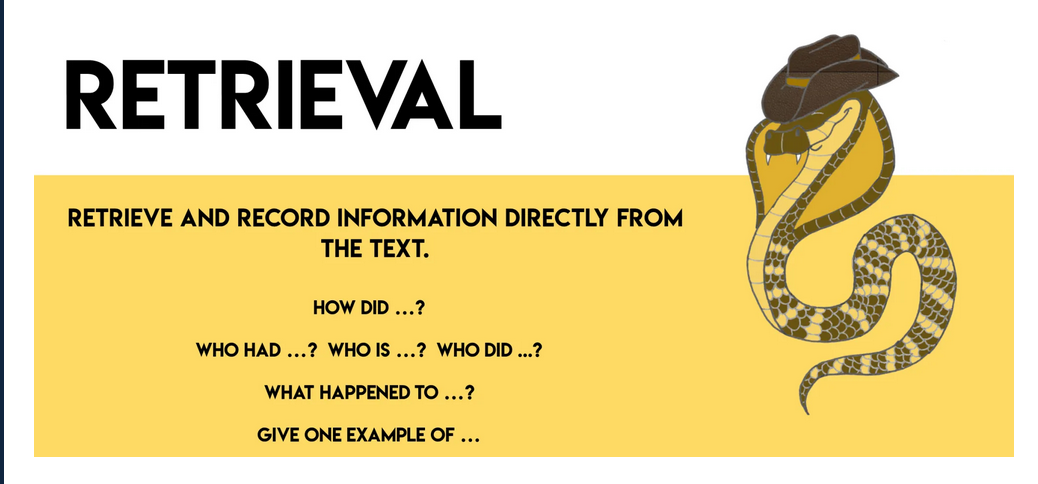
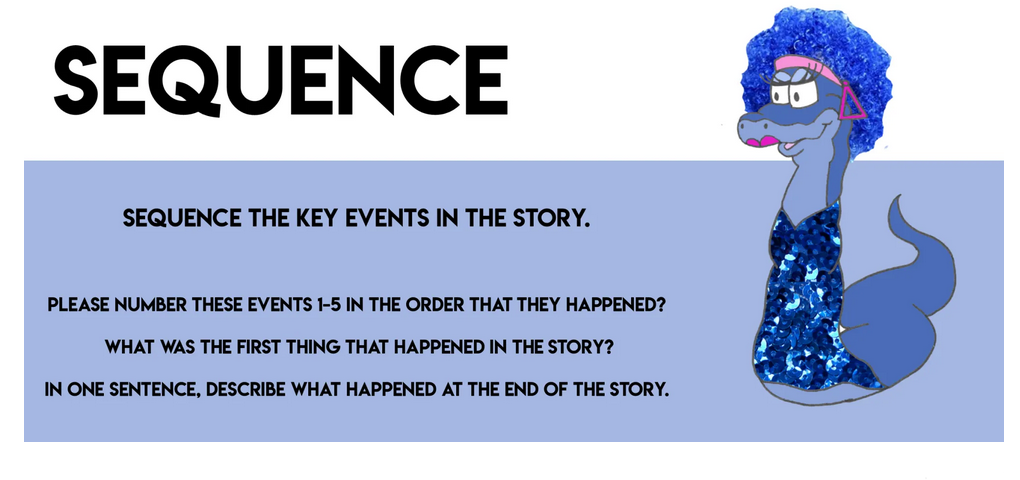
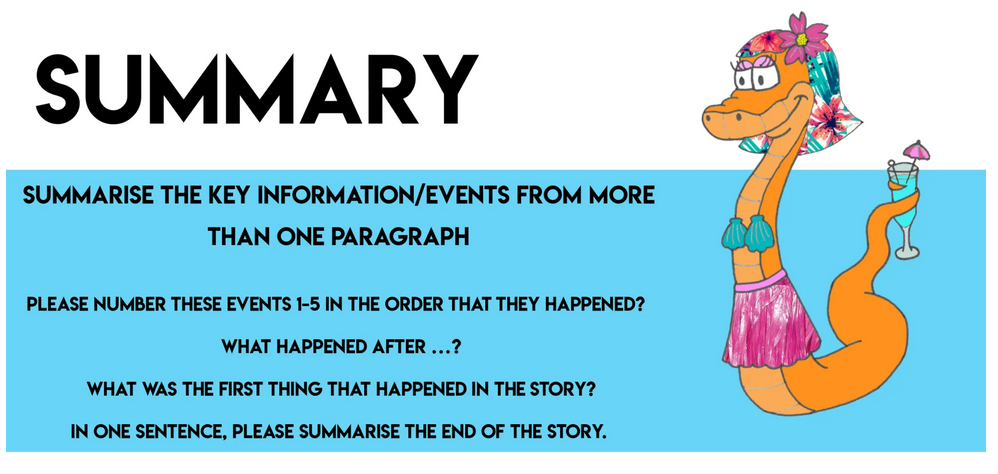
[/dropshadowbox]
[dropshadowbox align=”none” effect=”lifted-both” width=”auto” height=”” background_color=”#dbf6f4″ border_width=”10″ border_color=”#863878″ ]
Mathletics
A big well done to all the children completing their Mathletics. We are so proud. Please continue to complete your activities on Mathletics.
[/dropshadowbox]
[dropshadowbox align=”none” effect=”lifted-both” width=”auto” height=”” background_color=”#dbf6f4″ border_width=”10″ border_color=”#868878″ ]
Star of the week
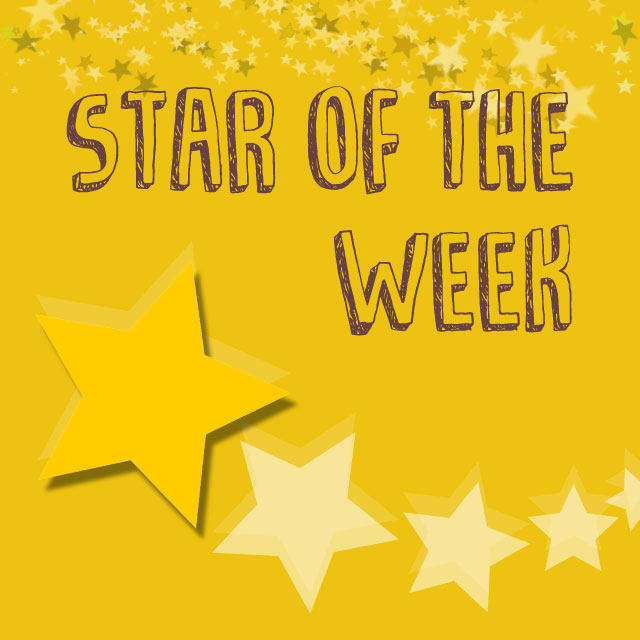
Hungerford
Everybody in Hungerford for their amazing work during Science Week.
Westminster
Everybody in Westminster for their amazing work during Science Week.
[/dropshadowbox]
Week beginning 21st March 2022
Shakespeare’s language can cast a light on the complexity of human emotions and is a wonderful way to explore and understand our own and others’ feelings. Shakespeare Week is a national annual celebration giving primary school aged children opportunities for enriching and enjoyable early experiences of Shakespeare. It is one of the pathways to Shakespeare provided by the Shakespeare Birthplace Trust for people of all ages and stages of interest.
What are we learning this week?
English –
Linking in with the celebration of National Shakespeare week, in our new unit, we shall be using a range of different adaptations to understand the story of Macbeth.
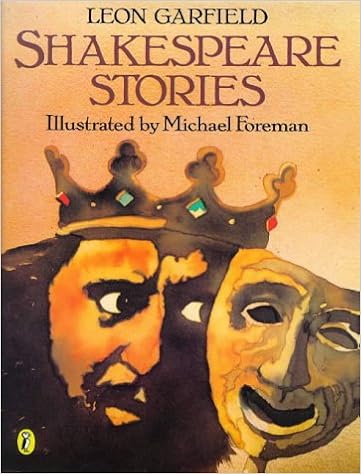

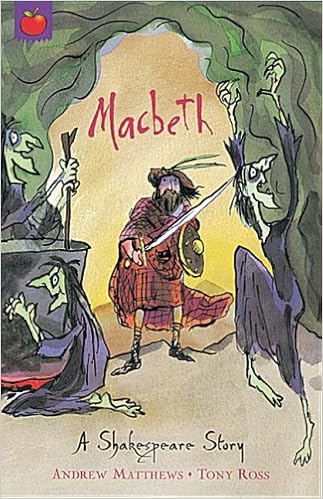
Our learning objectives this week:
- L.O. To understand characters and relationships
- L.O. To retell key events using a story map
- L.O. To explore key events using artwork.
- L.O. To write a setting description.
- L.O. To create a character profile.
What is our class reading book?
Since we are studying the Shakespeare classic Macbeth, we have decided to read from a collection of Shakespeare short stories, by Andrew Matthews. Each week, the children in Year 6 vote for which two of the Shakespeare short stories that they would like to listen to. Afterwards, we shall be looking to identifying similarities and differences across the collection.
Maths –
- To use their knowledge of fraction-decimal-percentage conversions to solve conversion problems in a range of contexts
- To use their knowledge of calculating 50%, 10% and 1% of a number to solve problems in a range of contexts
- To use their knowledge of calculating common percentages of a number to solve problems in a range of contexts
- To use their knowledge of calculating any percentage of a number to solve problems in a range of contexts
- To solve problems where the percentage part and the size of the part is known and the whole is unknown
- To solve problems where the known percentage part and the size of the part changes the whole
Science –
We shall be starting our new unit this week, which is called Living things and their habitats. This week, our learning objective is:
- To classify animals.
DT –
It’s DT week, this week. Our learning objectives are:
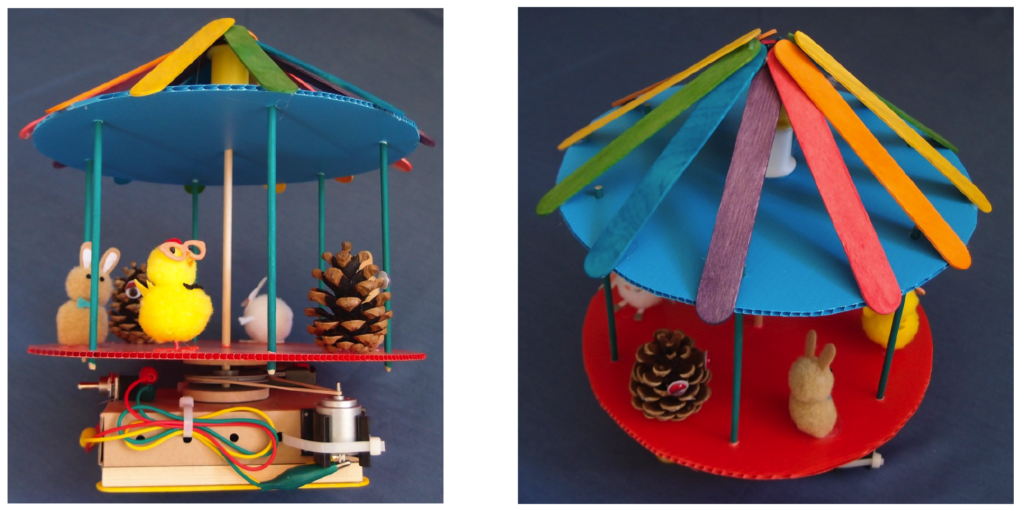
- To adapt my design to be functional and appealing to my target audience.
- To evaluate my design against our success criteria.
RHE –
This term’s unit is called Healthy Me. Our learning objective this week are:
- To understand that some people can be exploited and made to do things that are against the law.
PE –
- To gain possession through tackling.
- Real PE – dynamic balance to agility.
A way to help with anxious thoughts
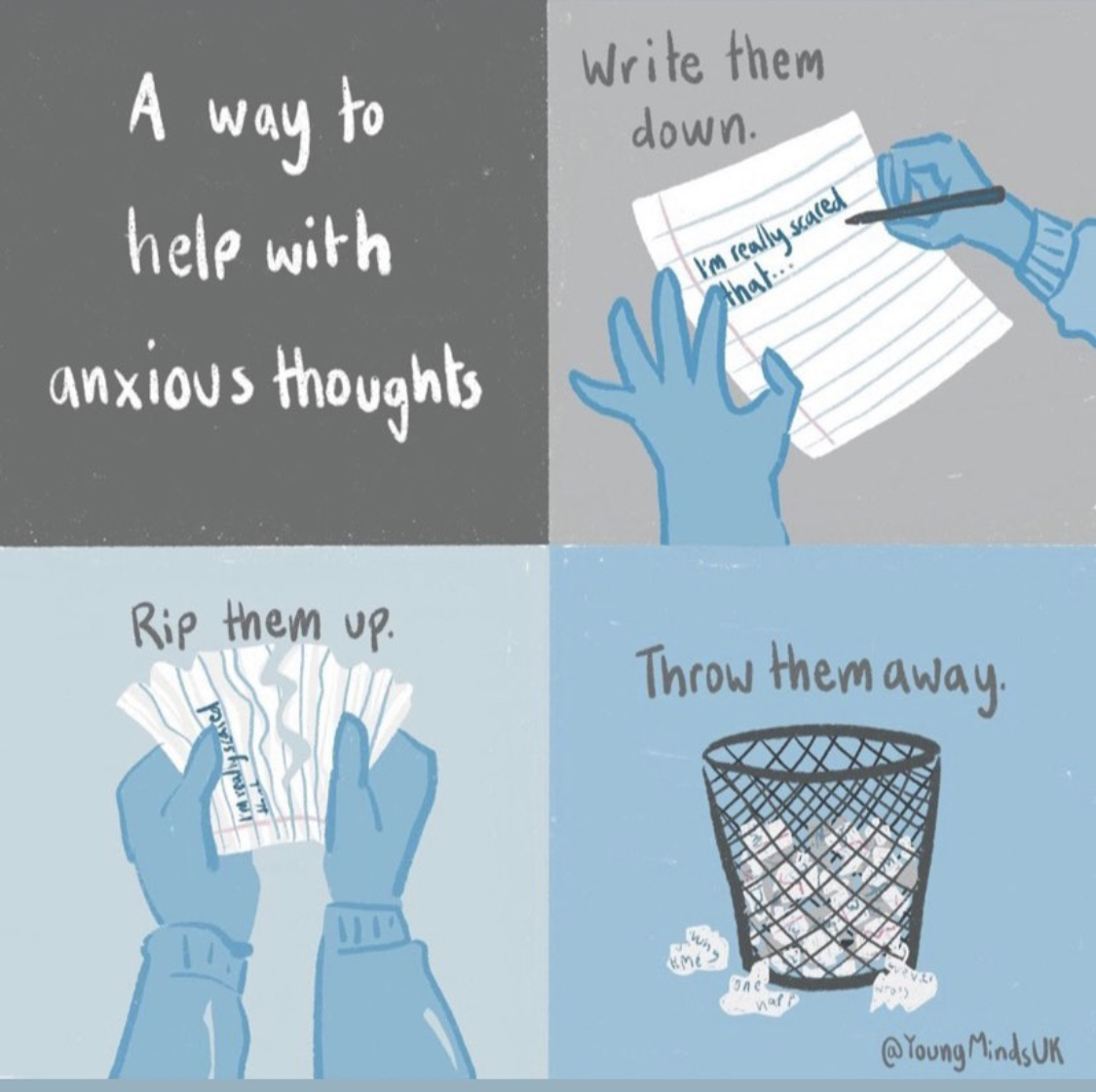
Weekly timetable – 14th March 2022
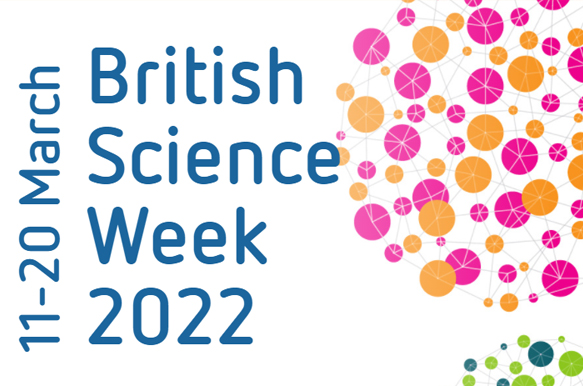
British Science Week is a ten-day celebration of science, technology, engineering and maths that will place between 11-20 March 2022!
Throughout the afternoon, we will be carrying out STEM investigations. The theme this year is growth.
What are we learning this week?
Maths –
- To continue to solve problems with two unknowns in a range of contexts
- To continue to systematically solve problems with two unknowns using ‘trial and improvement’ (one and several solutions)
- To continue to explain how they know they have found all possible solutions to problems with two unknowns
- To continue to explain how to balance an equation with two unknowns
- To explain how addition and subtraction can help to solve multiplication problems efficiently
English – This week, we shall be aiming to finish our core text – Rooftoppers, by Katherine Rundell. Our learning objectives this week arE:
- To ask questions to improve my understanding.
- To explore new vocabulary.
- To engage in Book Talk.
- To plan and write a chapter from an alternative perspective.
- To edit and up-level my writing.
Science –
Our outline for the week:
|
Daily Science Question |
Lesson | Activity |
Details |
|
INTRO ASSEMBLY. Introduce competition too. |
Lesson 1 – Monday | Investigating |
Whole School Scaffolded Investigative Task Afternoon |
|
Why did the pine cone close when left in water? |
Lesson 2 | Researching |
Learn about key STEM figure – Charles Richard Drew |
|
Which type of container traps the most heat? |
Lesson 3 | Exploring |
Experiment / investigation linked to key figure and their contribution to STEM (making blood). |
|
Will the dye in the water change the colour of the flowers? |
Lesson 4 | Creating |
Creative artistic output demonstrating learning e.g. film / website / graphic biography/ poster / design a display |
|
What happens when a mento is dropped into Cola? |
Friday Afternoon | Sharing |
Classes to share learning in the whole school assembly. |
Our scientist:

RHE –
This term’s unit is called Healthy Me. Our learning objectives this week are:
- To know about different types of drugs and their uses and their effects on the body.
- To understand that some people can be exploited and made to do things that are against the law.
Week Beginning 14th March
This week our learning will be as follows;
- In mathematics we will learn about decimals. We will learn to recognize and use tenths and hundredths.
- In English we will study the poem, Words Are Ours by Michael Rosen. We will write a list poem based on Michael Rosen’s poem.
- In science we will do daily science lessons as part of science week.We will take part in a whole school investigation, constructing a structure out of spaghetti and marshmallows. We will look at the work of the geometrist Maryam Mirzakhani and carry out geometry investigations.
- In RHE we will look at keeping healthy.
Southwark Class will swim on Tuesday and do PE on Wednesday. Millennium Class will do PE on Wednesday and Friday.
[dropshadowbox align=”none” effect=”lifted-both” width=”auto” height=”” background_color=”#f9f246″ border_width=”1″ border_color=”#dddddd” ]On Friday 18th March, Year 4 have been very fortunate to secure tickets to see The Cat-astrophic Adventures of Dollop and Crinkle, a spoken word poetry show at the Croydon Central Library at 10:30am. We will be leaving school at 9.45am, walking to Croydon Central Library and return to school in time for lunch. This event is free. [/dropshadowbox]
Spring 2 Week 4 – 14th March 2022
Spring 2 – Week 4 – 14th March 2022
Welcome to …
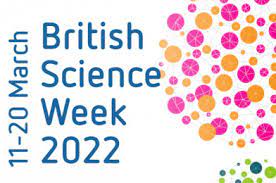
Here are the objectives for the week ahead.
PE days remain Tuesday and Thursday.
[dropshadowbox align=”none” effect=”lifted-both” width=”auto” height=”” background_color=”#e2f3f9″ border_width=”1″ border_color=”#2715d0″ ]Mathematics[/dropshadowbox]
- To use the volume to calculate missing dimensions (length, width and height).
- To calculate the volume of complex (compound) 3D shapes.
- To use the commutative and associative law when multiplying three or more numbers.
- To use efficient strategies to multiply 3 or more numbers.
[dropshadowbox align=”none” effect=”lifted-both” width=”auto” height=”” background_color=”#e99bcc” border_width=”1″ border_color=”#221a6f” ]English[/dropshadowbox]
- To write a biography.
- To engage in book talk
- To story-map a narrative.
- To write a narrative.
[dropshadowbox align=”none” effect=”lifted-both” width=”auto” height=”” background_color=”#d34222″ border_width=”2″ border_color=”#25631c” ]Spanish[/dropshadowbox]
-
To explore vocabulary used in a café & restaurant.
[dropshadowbox align=”none” effect=”lifted-both” width=”auto” height=”” background_color=”#b7e9fc” border_width=”1″ border_color=”#d56161″ ]Science[/dropshadowbox]
- To explore construction in a creative whole school investigation.
- To use secondary sources to research keyfacts about Wang Zhenyi (STEM figure).
- To explore the Pythagorean Theorem (Experiment / investigation linked to key figure and their contribution to STEM).
[dropshadowbox align=”none” effect=”lifted-both” width=”auto” height=”” background_color=”#f98888″ border_width=”2″ border_color=”#0c9d51″ ]RHE[/dropshadowbox]
-
To know what to do in an emergency.
Enjoy your Sunday evening.
Your Year 5 Team.
[dropshadowbox align=”none” effect=”lifted-both” width=”auto” height=”” background_color=”#dbf6f4″ border_width=”10″ border_color=”#608638″ ]
British Science Week

British Science Week is a ten-day celebration of science, technology, engineering and maths that will place between 11-20 March 2022! The theme for 2022 is growth.
On Monday the whole school will take part in a spaghetti bridge building competition.

Throughtout the rest of the week, each year group will be carrying out an investigative task based on a key STEM figure.
Reception – Mary Anning
Year 1 – Mae Jemison
Year 2 – Elijah McCoy
Year 3 – Ann Moore
Year 4 – Maryam Mirzakhani
Year 5 – Wang Zhenyi
Year 6 – Charles Richard Drew
[/dropshadowbox]

